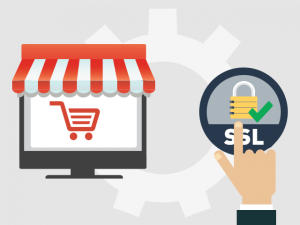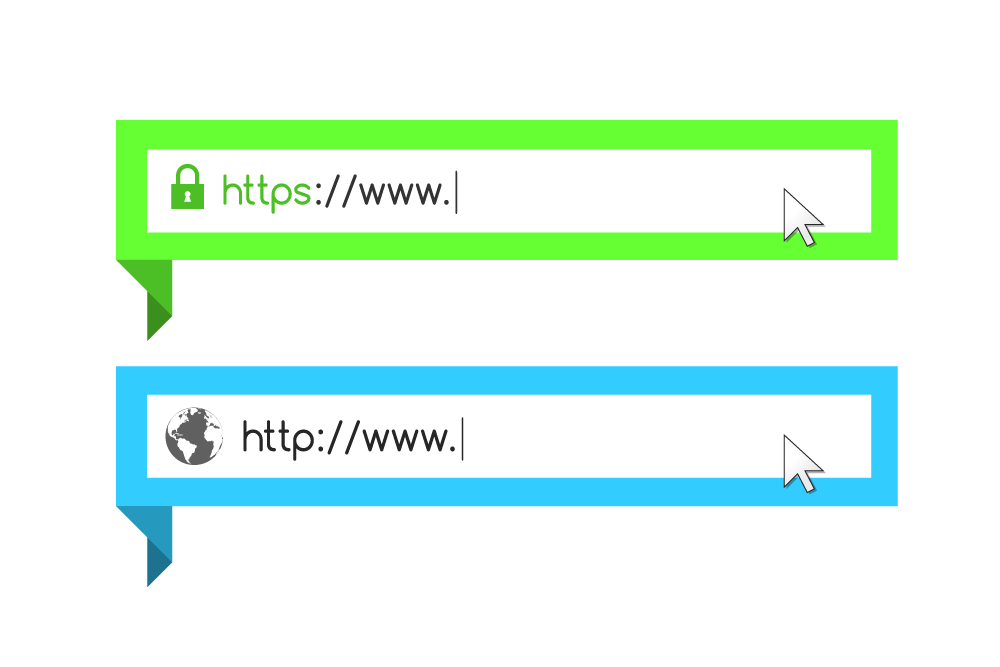You can now choose to enable/disable SSL certificates on your store

At a time when cyber security is becoming more vital than ever, the need to raise awareness of the importance of HTTPS encryption is rapidly increasing. To put it simply – SSL certificates are a must-have for any safety-conscious site owner.
You’ve had the opportunity to offer both generic and wildcard SSL certificates on your store for a long time now.
Starting today, you will be able to manage your SSL offerings like you manage any other product on your store. Learn more from our post.
Why are SSL certificates a must-offer service?
Cybersecurity has become the number-one topic on the web since Google announced in September 2016 that HTTP URLs would soon be marked as insecure, whereas SSL-enabled sites – pushed up the rankings with priority.
The rush for SSL certificates has created great opportunities for hosting providers and domain registrars alike.
By offering SSLs on your store, you will become fully compliant with the security guidelines that went into force in 2017.
Apart from regular SSL certificates, you can also offer free Let’s Encrypt certificates, which we introduced last year on our platform in an effort to make this service more affordable.

Regular vs. Let’s Encrypt SSLs – what’s the difference?
Both Let’s Encrypt and commercial SSLs offer basic HTTPS encryption that will protect your sites against interception and eavesdropping.
Their mission is to ascertain that your site visitors are exchanging information with the domain that is visible in the address bar and to ensure that their login details or credit card information cannot be eavesdropped.
Also, both SSL types are trusted by all major browsers, which means that the “https://” part at the beginning of the URL in your browser’s address bar will be preceded by a green padlock:

Here are the main differences between a Let’s Encrypt certificate and a regular SSL:
- Warranty: regular SSLs include a warranty against misuse or mis-issuance, whereas Let’s Encrypt certificates do not;
- Wildcard Certificates: the traditional Certification Authorities usually offer wildcard or multi-domain certificates, whereas Let’s Encrypt does not;
- Validity Period: Most regular SSL certificates are valid for at least one year. Longer validity periods (3, 5, etc. years) are an option too. Let’s Encrypt certificates are only valid for 90 days and must be renewed before they expire. On our platform, Let’s Encrypt certificates are renewed automatically, so you won’t have to worry about that.
- Support: Let’s Encrypt does not offer assistance with creating or installing SSL certificates, only community help is available. However, this could be easily solved with a quick re-generation and re-installation of the problematic Let’s Encrypt SSL, as is the practice on our platform;
NOTE: Let’s Encrypt will begin issuing wildcard certificates later this year. We will, in turn, do our best to enable them in the Control Panel in the shortest time possible.
So, which SSL type is the right one to choose?
Actually, your choice will be solely determined by the type of site you manage.
For instance, if you own a non-commercial site like a blog or a photo gallery, or just need a quickly configurable, simple and free SSL certificate, then Let’s Encrypt is the best option for you.
However, if you run an e-store or an enterprise site, then you will need to invest in a paid, warranty-backed-up SSL certificate issued by an established Certification Authority, which will be your guarantee against online abuses.
How to manage SSL certificates
Thanks to the newly applied changes, you will now be able to manage SSL certificates just like you manage regular web hosting plans.
In the My Offers section (My Offers->All Offers) of your Reseller Control Panel you can see the newly added ‘SSL certificates’ table:

From there, you will be able to enable/disable SSL certificates on your store with a click of the mouse.
By clicking on the bulb icon, you can enable or disable SSL certificates on both your store and the order form in your Reseller Control Panel.

By clicking on the basket icon, you can enable/disable SSL certificates on your store only.

You will still be able to order SSL certificates from your Reseller Control Panel.
NOTE: Please keep in mind that if you use the Store Master theme, you’ll need to clear your site cache from the admin area in order to expedite any change to your SSL offerings.
Originally published Monday, January 8th, 2018 at 5:01 pm, updated July 8, 2024 and is filed under Reseller Hosting.Tags: SSL, SSL certificate, SSL reseller


Leave a Reply